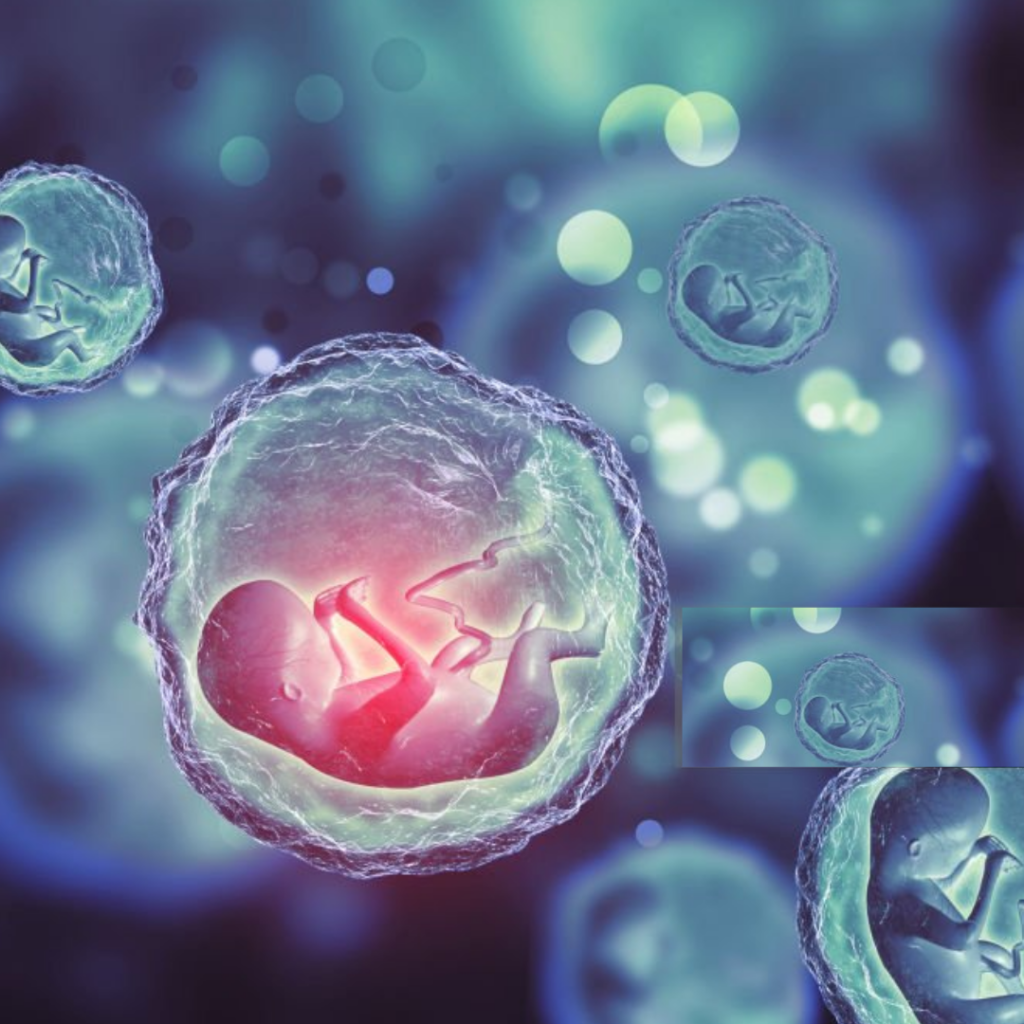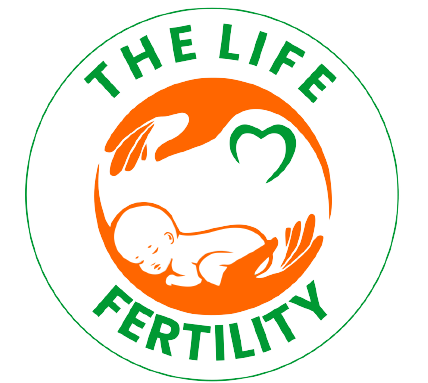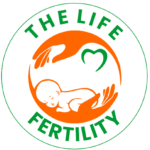IVF PROCEDURES AND TREATMENTS

IVF procedures and treatments
In essence, Intracytoplasmic Sperm Injection (ICSI) provides a significant advantage when male factor infertility is a concern, greatly increasing the likelihood of successful fertilization and ultimately, pregnancy. Dreaming of holding your little one in your arms? The journey to motherhood can be full of surprises, and sometimes, it requires a little extra help. If you’re exploring In Vitro Fertilization (IVF), you’re likely filled with a mix of hope and maybe a few questions about what IVF procedures actually entail.
IVF procedures encompass a range of techniques used in assisted reproductive technology (ART) to help individuals and couples achieve pregnancy. In the simplest terms, IVF involves fertilizing eggs with sperm outside the body, in a laboratory setting. The resulting embryos are then carefully monitored and transferred to the uterus, with the goal of a healthy pregnancy.
This guide is designed to be your companion as you navigate the world of IVF. We’ll explore the different IVF procedures involved, shedding light on each step of the process, from the initial consultation to the final embryo transfer. We’ll also discuss various treatment options and answer common questions you might have.
Important note: While this guide offers a comprehensive overview, it’s crucial to remember that every woman’s fertility journey is unique. Always consult with a qualified fertility specialist for personalized advice and treatment.
Your First Step in IVF Procedures: The Consultation:
During your initial consultation, your fertility specialist will review your medical history, including any previous pregnancies, miscarriages, or fertility treatments. You’ll also discuss your lifestyle, any medications you’re taking, and any relevant family history. A physical exam may also be performed. This comprehensive review helps the specialist gain a complete picture of your overall health and reproductive history.
Fertility Testing and Diagnosis for IVF:
To further understand your fertility, various tests will be conducted. For women, these may include hormone level checks to assess ovarian function, a pelvic ultrasound to examine the uterus and ovaries, and possibly other tests to evaluate the fallopian tubes. For men, a semen analysis is essential to assess sperm count, motility, and morphology. These tests provide valuable insights into the potential causes of infertility and help guide treatment decisions.

Personalized Treatment Plan Development for IVF:
Based on the results of your consultation and testing, your fertility specialist will develop a personalized treatment plan tailored to your specific needs and goals. This plan will outline the specific IVF procedures recommended, the medications you’ll need, the timeline for your treatment, and the potential costs involved. Your specialist will explain each step of the process in detail, ensuring you feel informed and empowered to make the best decisions for your fertility journey.

